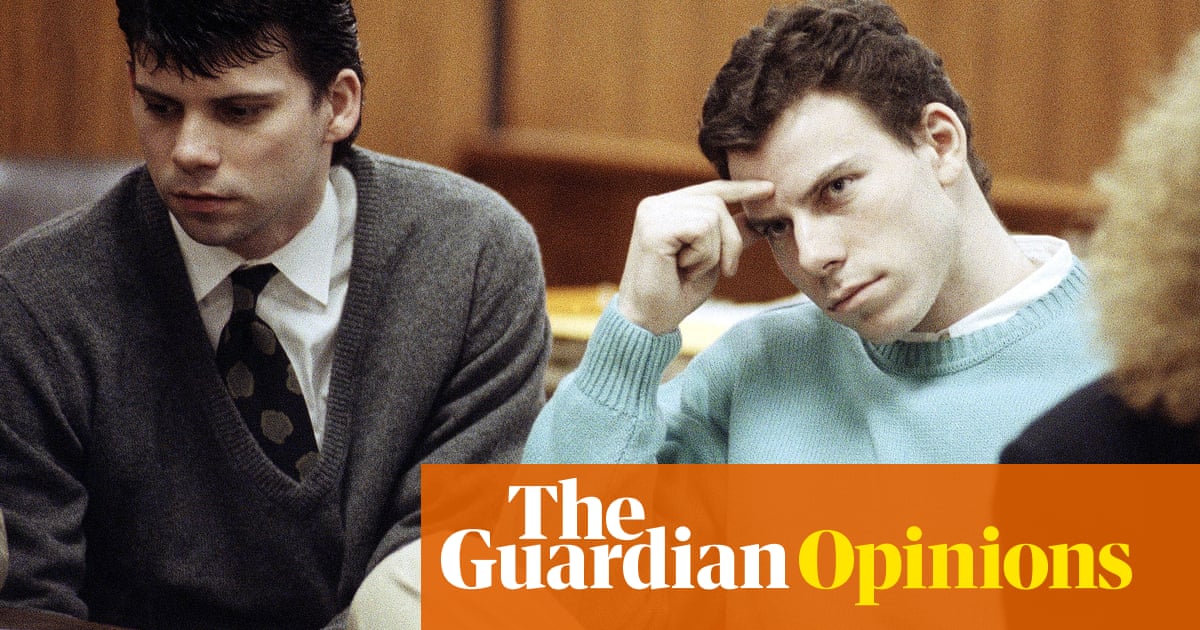
"The impact of the documentary, Menendez Brothers: Misjudged?, highlighted the ongoing discourse surrounding the case, blending cultural interest with evolving understandings of abuse."
"Many believe the Menendez brothers would receive lighter sentences today due to our better understanding of abuse and its long-term effects on behavior."
"Ultimately, a California judge reduced their sentences to 50 years to life, allowing for potential parole, citing the progress made by the brothers in prison."
"The case illustrates the tension between true-crime stories and judicial outcomes, raising questions about societal perceptions of criminality and motivations behind actions."
The documentary 'Menendez Brothers: Misjudged?' reignited interest in the case of Erik and Lyle Menendez, who killed their parents in 1989, shedding light on the complexities of their childhood trauma. While some argue their motivations were rooted in alleged abuse, others question whether their wealthy background drove their actions. A recent judge's decision reduced their sentences to 50 years to life, making them eligible for parole, emphasizing their rehabilitation efforts. This pivotal case continues to spark discussions on how true-crime narratives interact with evolving legal contexts and societal perceptions of abuse.
Read at www.theguardian.com
Unable to calculate read time
Collection
[
|
...
]